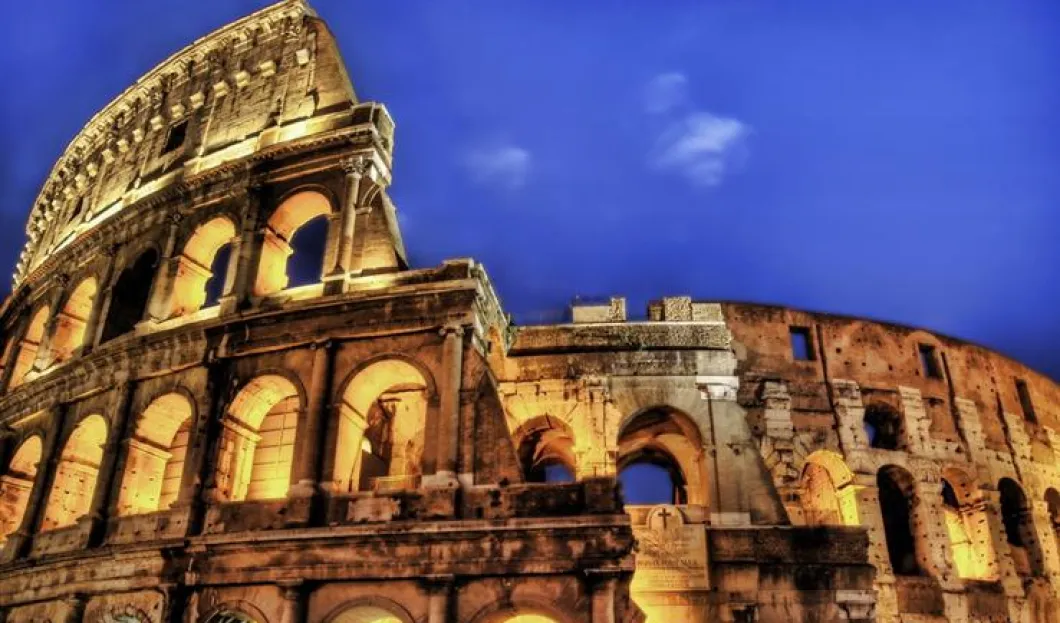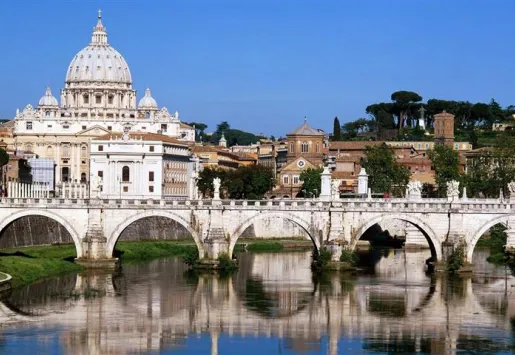
Finding funds for the preservation of artistic and cultural heritage can be a challenge, especially when governments are more focused on financial stability and social policies. That is very much the case in Italy, where several historical places as well as famous frescos are being left to crumble, endangering the rich Italian cultural heritage contained in such places.
With a crippled economy and heavy international commitments to keep up with, it is in the hands of the Italian people to find the necessary funding in order to restore the many pieces and works of art which make up their cultural heritage, for which the country is famous worldwide. With this in mind, some new funding initiatives are surfacing in Italy, aiming at changing the people’s perspective on cultural funding.
One of the projects is a government initiative which takes the form of a law called Art Bonus, under which individuals, corporations and art patrons can receive 65% of the amount they donate to the cause as a tax bonus and tourism related organizations will pay 30% less if they invest in renovations or updates to their structures.
Another, even better set of news is that the most iconic world heritage sites such as the Coliseum, Trevi Fountain and other famous places are getting sponsored and endorsed by big, national and multinational corporations, who are contributing millions to the restoration and preservation of such iconic and historic places.
This great news, however, is dampened by the lack of investment in lesser known museums and artifacts, a situation the Italian government hopes will change in the wake of the new law. Investments in cultural heritage are already expected to be on the rise for 2016, which is a positive sign considering Italy is one percent behind the rest of Europe in the percentage of the GDP represented by cultural investment – Italy spends 1.2% of GDP, while European average is 2.2%.
Private efforts are also taking shape, one of which being upaperlacultura.org, the first non-profit Italian website which aims at matching corporations with cultural institutions and sites, in order to find suitable investors.
Another project, with a very different aim however, is LoveItaly!, which has set its sights on promoting Italian tourism internationally, through what they call "a series of transparently managed projects to help the future of Italy”, seeing as they believe the country’s cultural heritage is worth much more than its current tourism revenue.
The organization has proven its commitment to the cause by taking on two restoration projects so far through their crowdfunding website. This effort seems to be having an impact on government institutions as well, as the Pompeii cultural department has already promised to cover the difference between the amount raised for the restoration of The House of the Centaur and the sum needed to bring the project to life, if LoveItaly! fails to raise the full amount.
Furthermore, the organization has enlisted the help of prestigious hotels and organizations in order to provide further incentive to donors and the fact that such arrangements are in place is in itself a positive sign for the industry.












